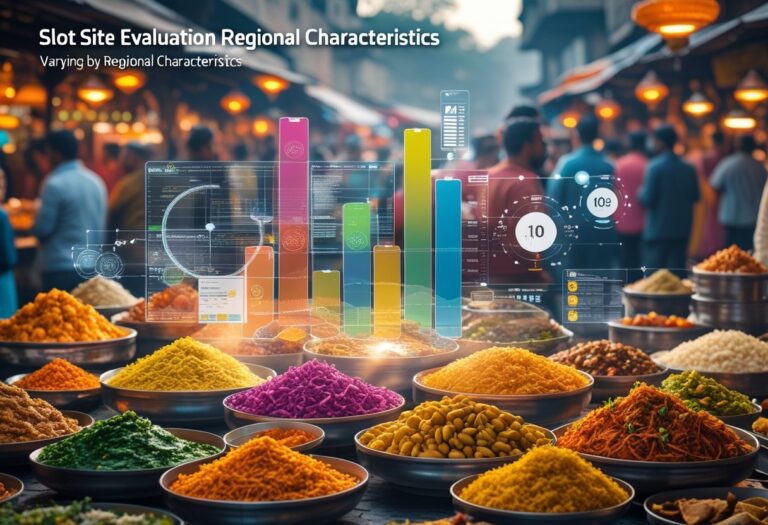
숨겨진 위기: 성적 우수생과 도박 중독의 충돌

— 학업 우수함 뒤에 가려진 도박 문제의 실체 —
🎓 수석 졸업생도 위험하다: 인지되지 않는 취약성
겉으로는 A+를 놓치지 않는 모범생일지라도 도박 중독에 면역은 아니다. 높은 성취욕과 완벽주의 성향은 오히려 온라인 도박 중독의 위험 요인이 된다. 문제는, 이들이 여전히 ‘성공적인 모습’을 유지하기 때문에 중독이 심각해질 때까지 주변에서 인지하기 어렵다는 점이다.
🚩 우수 학생에게서 나타나는 도박 중독 경고 신호
- 성적 하락 및 과제 지연
- 심야 시간대 도박 활동
- 사회적 고립 (동아리·모임 중단)
- 장학금 있음에도 경제적 압박 호소
- 친구에게 반복적인 금전 요청
🧠 왜 성적 우수생이 도박에 빠질까?
주요 위험 요인
- 장학금, 대출 등 목돈 접근 용이성
- 경쟁심, 승부욕 → 도박을 이겨야 할 대상으로 인식
- 논리력 과신 → “확률로 이길 수 있다”는 착각
- 성취 스트레스 해소 수단으로 도박 선택
- 실패 회피 성향 → 손실 인정 어려움
➡️ 도박은 이들에게 ‘재미’가 아니라 ‘목표 달성 수단’으로 기능한다.
💸 장학금의 덫: 첫 손실의 시작
- 1회성 장학금 입금 → 초기 도박 자금화
- 금전 관리 경험 부족
- 지출에 대한 가정·학교의 감시 미비
▶️ 이 조합은 도박 루프의 출발점이 된다.
📱 디지털 도박의 캠퍼스 확산

위험 요소
- 스마트폰으로 24시간 베팅 가능
- 기숙사·도서관 등에서도 몰래 접속 가능
- “친구들도 해”라는 사회적 정당화
- SNS 광고, 인플루언서 홍보 → 도박의 합법화 이미지 확산
🔁 도박 루프의 전개 방식
- 작은 승리 → 도파민 자극
- 손실 추격 반복
- 학업 집중력 저하
- 생활 리듬 붕괴
- 장학금·대출금 소진
- 비밀 유지 → 개입 불가
- 우울, 자책, 무기력 등 극단적 심리 상태
🆘 도박 중독을 끊기 위한 회복 자원
- 학교 상담센터 – 비밀보장 심리상담
- 중독 전문 핫라인 – 무료, 익명 지원
- 또래 회복 그룹 – 공감 기반 지지 시스템
- 재정 전문가 – 예산 관리 및 부채 상담
- 학업 복귀 지원 – 유연한 수업 복귀 프로그램
💥 회복의 전환점: Breaking Point
다수의 회복 사례는 다음과 같은 극단적 사건을 계기로 시작된다:
- 장학금 또는 대출금 전액 소진
- 기본 생계 유지 불가
- 성적 미달 및 수업 중단
- 부모나 친구에게 발각
▶️ 이때야말로 “도박이 내 인생을 무너뜨릴 수 있다”는 자각이 발생한다.
🛠 회복을 위한 단계별 전략
- 전문가 상담 시작
- 트리거 요인 파악 및 회피
- 도박 차단 앱 설치
- 재정 회복 계획 수립
- 가족·친구의 감시 시스템 마련
- 정기적 치료 및 체크인 유지
🏫 대학 캠퍼스 차원의 예방 전략
제도적 예방
- 신입생 대상 중독 예방 교육
- RA·교수 대상 위험 징후 인식 훈련
- 학생증 기반 지출 모니터링 시스템
- 네트워크 수준 도박 사이트 차단

심리적 안전망 구축
- 비난 없는 상담 문화 조성
- 도박 인식 캠페인 정기 운영
- 공감 중심 개입 체계 구축
✅ 결론: 성적이 높다고 안전한 게 아니다
도박 중독은 성적이 낮은 사람만의 문제가 아니다. 오히려 완벽을 추구하고 성과에 집착하는 우등생이 더 위험할 수 있다.
성공 이면에 가려진 조용한 위기 앞에서, 학생·교직원·가족의 조기 인식과 개입이 회복의 핵심이다.
🎓 장학금보다, 성적보다 더 소중한 건 당신 자신입니다.
중독의 루프를 끊고, 회복의 루프로 들어오세요.


